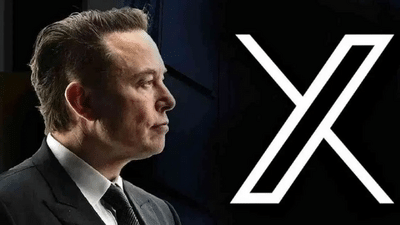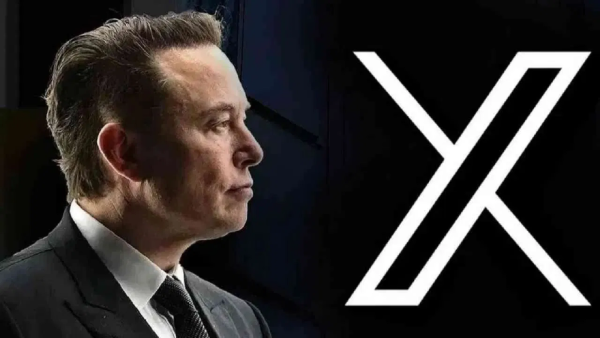

Social media platform X (formerly Twitter), owned by Elon Musk, has expressed deep concern and announced plans to appeal against a recent Karnataka High Court order that upholds the Indian government’s "Sahyog portal." This portal allows millions of police officers to directly issue content removal orders to online platforms without judicial oversight, raising serious concerns about freedom of speech and due process.
X argues that the Sahyog portal bypasses the legal safeguards established under Section 69A of the IT Act, which requires judicial review and a structured process for content blocking. Instead, Sahyog operates under Section 79(3)(b), enabling police to label content as illegal and demand its immediate takedown, threatening platforms with criminal liability for non-compliance. X claims this sets up a parallel censorship regime devoid of necessary legal protections.
The Karnataka High Court dismissed X's petition, calling the Sahyog portal an "instrument of public good" and emphasizing the need for social media regulation to prevent lawlessness. The court ruled that free speech is not absolute and is subject to reasonable restrictions, especially in the context of cybercrime and offences against women.
However, X maintains that the order infringes Indian citizens' constitutional rights to freedom of speech and expression and disregards previous Supreme Court rulings. X also contests the court’s assertion that foreign companies cannot raise constitutional concerns, emphasizing its significant role in India's public discourse. The platform plans to take the matter to a higher court and the upcoming ICC conference to defend free expression rights in India.
The Indian government defends the Sahyog portal as necessary to combat the growing menace of illegal and harmful online content, including fake news and misinformation, aiming to create a safer online environment through cooperation between authorities and platforms.
This ongoing controversy highlights the complex balance between digital regulation, user freedoms, and national security interests in India’s rapidly evolving internet governance landscape.